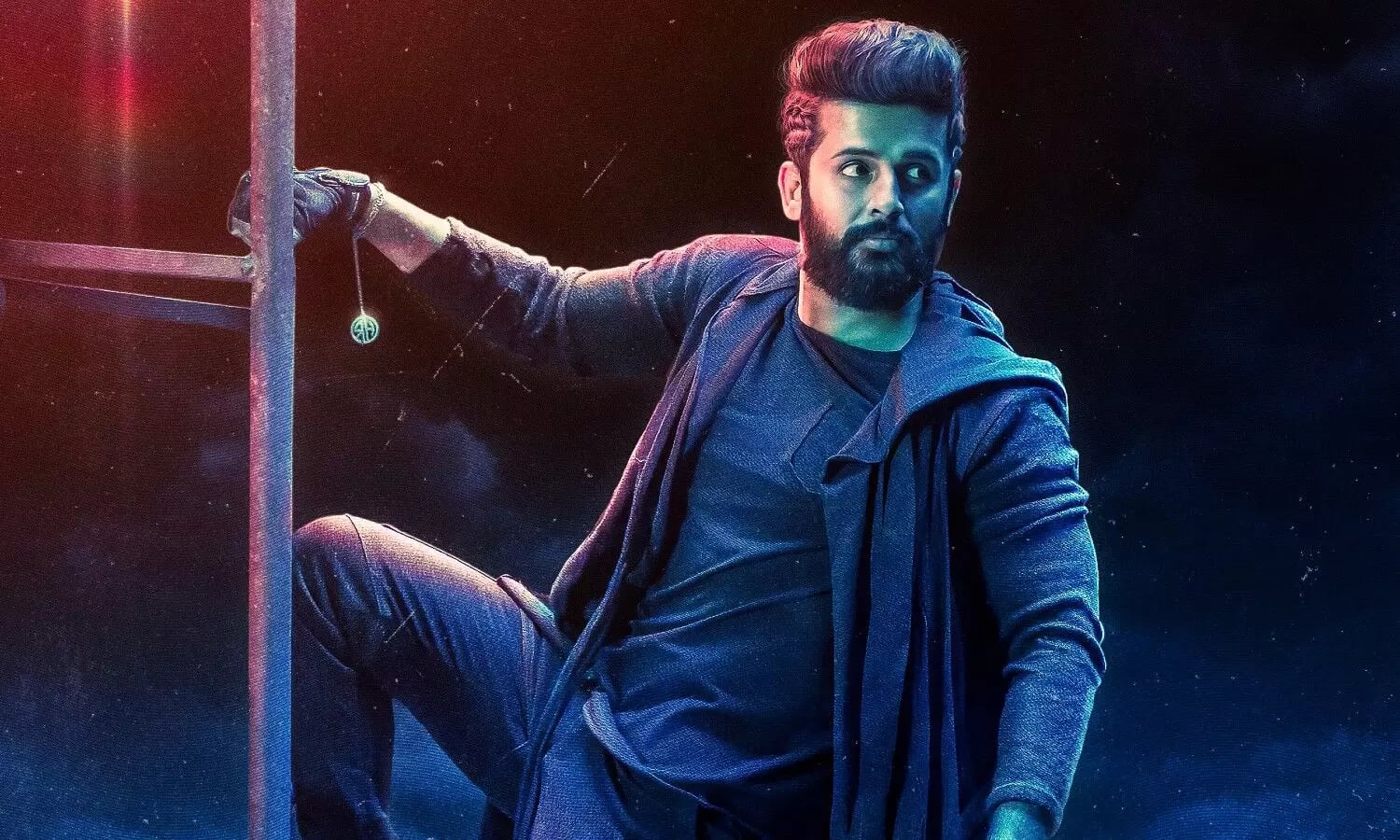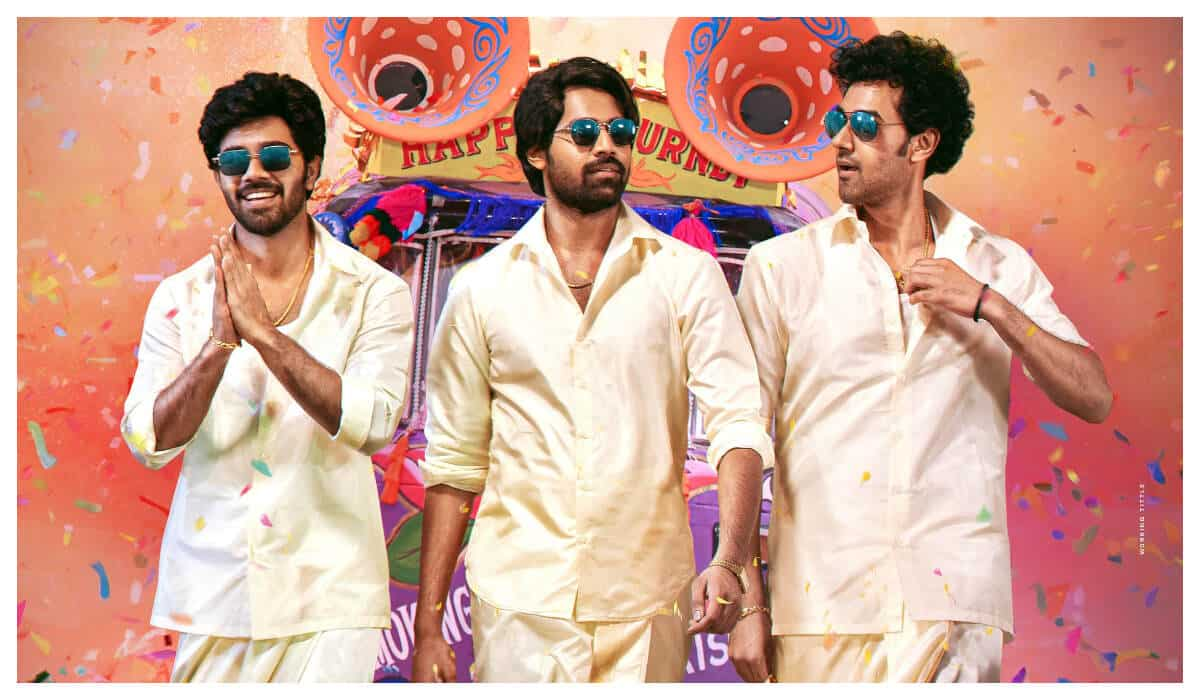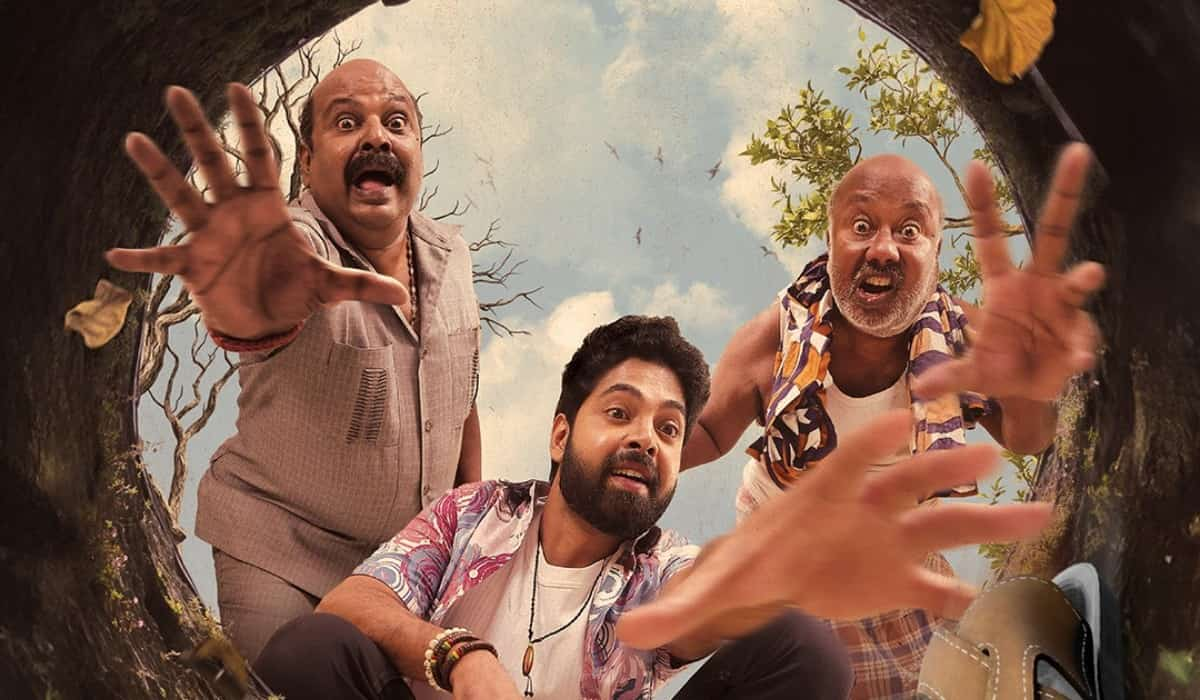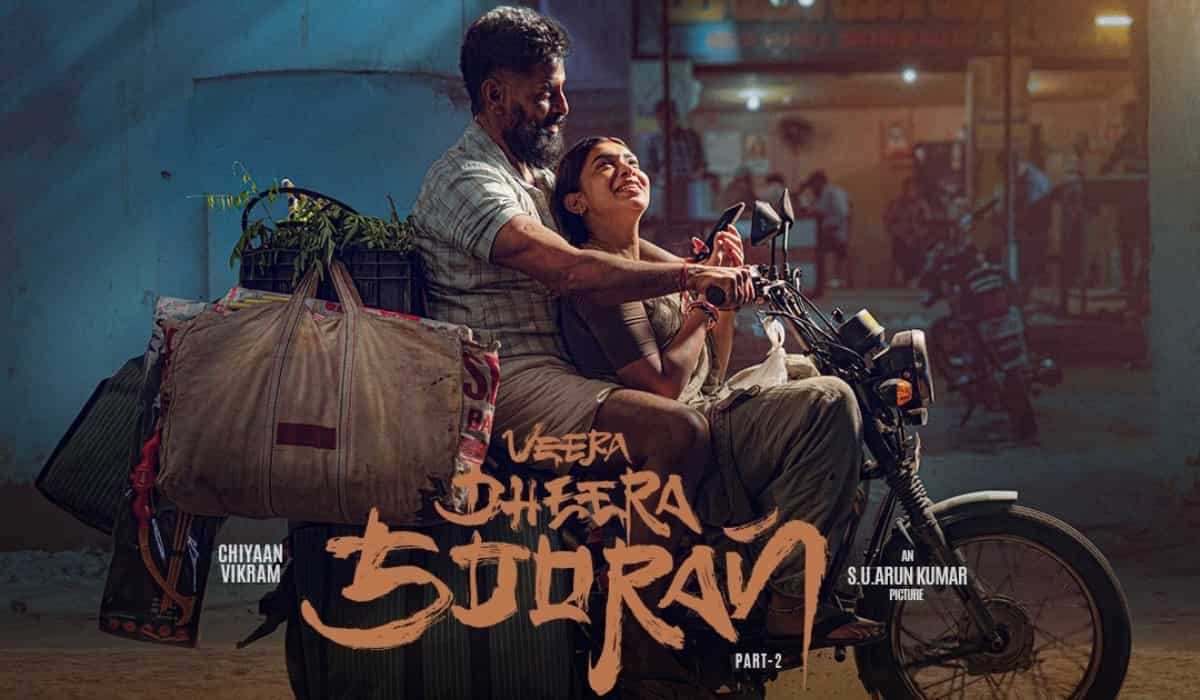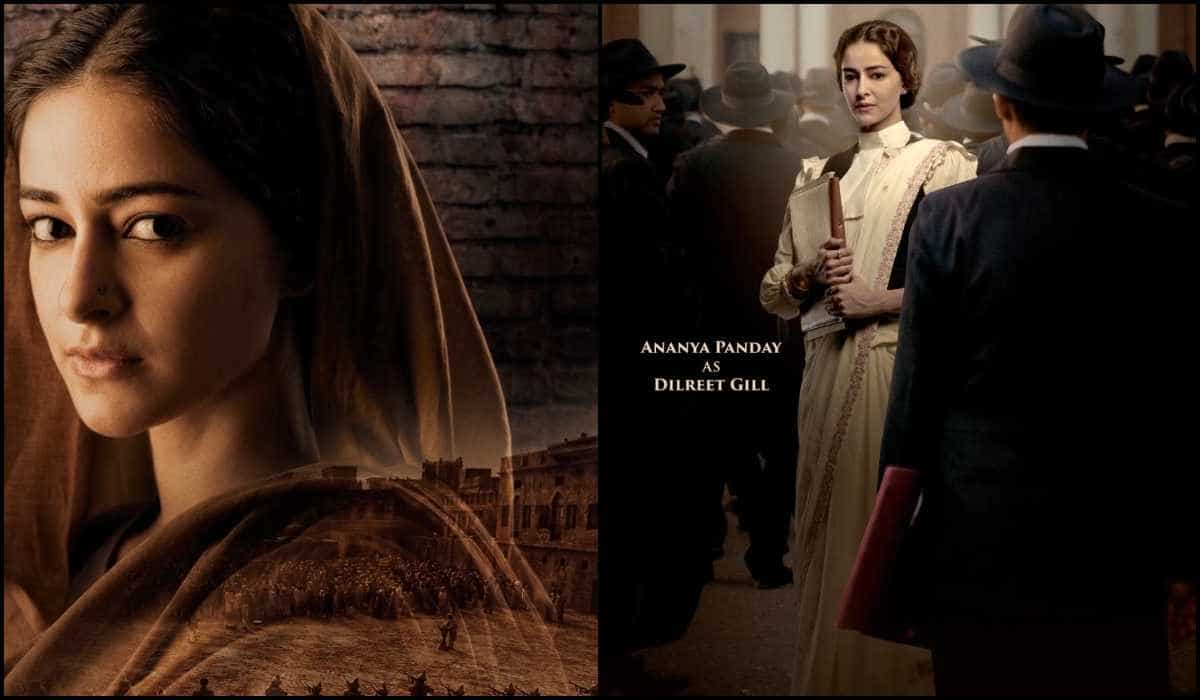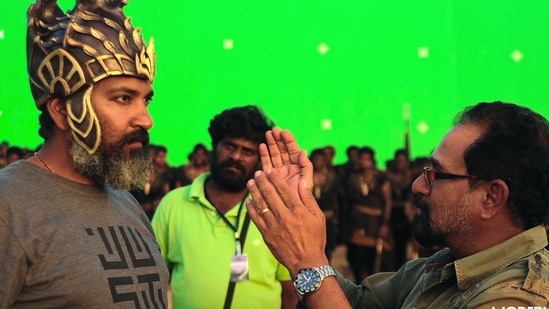
Modern Masters SS Rajamouli review: Netflix India documentary on RRR director is slave to subject more than to story
7 months ago | 108 Views
Modern Masters: SS Rajamouli review – One would argue that this is the right time to celebrate the journey of the RRR and Baahubali filmmaker, after his latest directorial is making waves not only in India, but also the US, Japan, and around the world. A new documentary on Netflix India follows Rajamouli across the two countries during the Oscars campaign and the Japanese release. But it's also evident that his glory doesn't hinge on that Oscar win. His greatness is already assumed, acknowledged and underlined whenever possible.
Celebrated like a hero
In that sense, Rajamouli is treated by this documentary just like how he treats his heroes – with awe and reverence. It's not one of those pensive director documentaries which try to unearth how his internal conflicts inform his vision. Having said that, for those who wish to look closely, there's enough nuance, just like there's plenty to read between the lines while watching Rajamouli's movies. There are bits about his influences, his flaws as a director, and even his arrogance about the craft, but only if you look too closely. In those fleeting moments, Rajamouli comes across as the most fragile, the most vulnerable, the most humane – words that aren't your first choice to describe the director or his cinema.
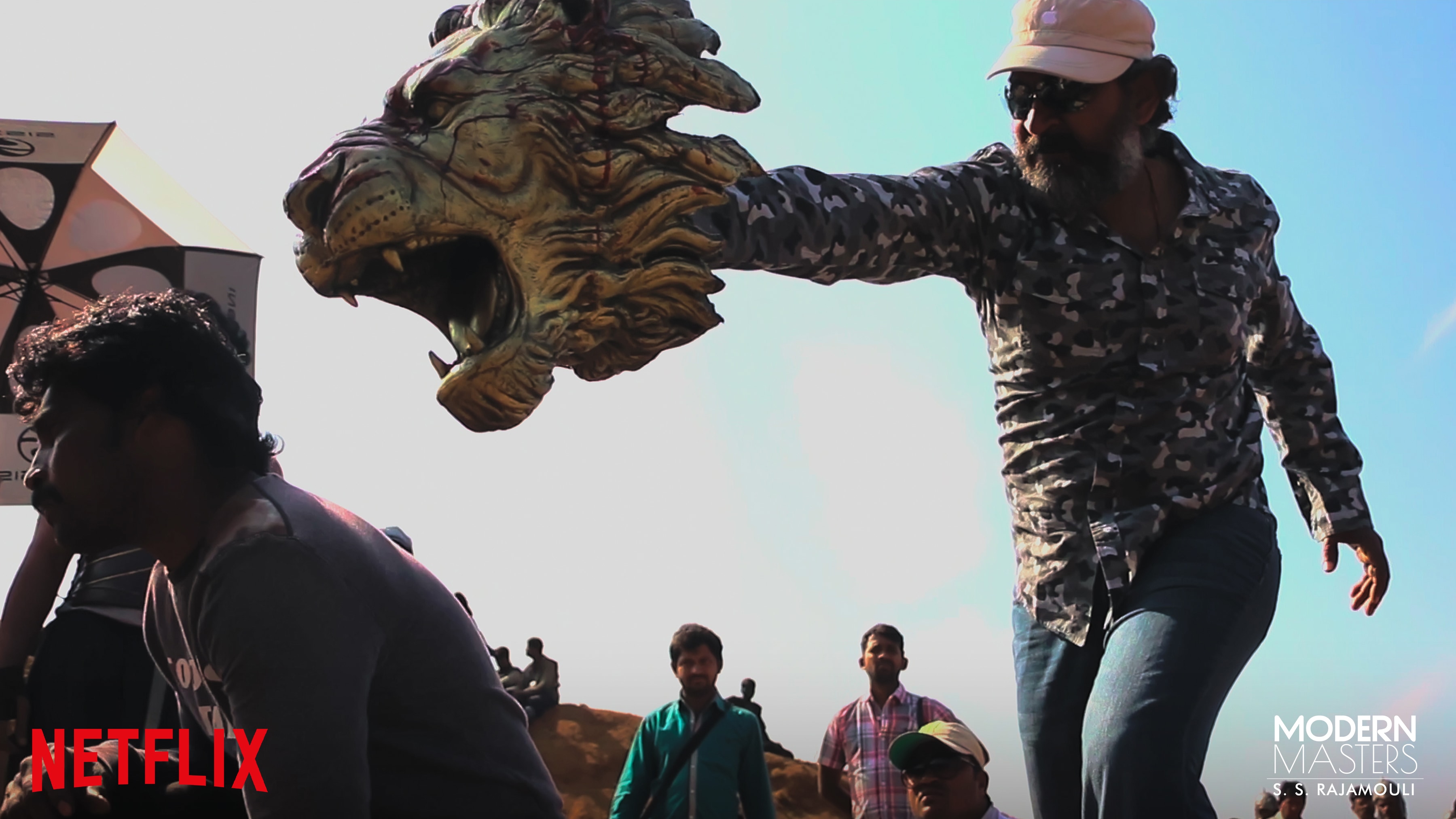
When Rajamouli was once asked if he makes cinema for kids or for adults, he wittily replied that his movies are for kids and there's a latent kid in every adult. The documentary doesn't try too hard to shine a light on the child within Rajamouli, but that aspect comes out beautifully and organically in the umpteen behind-the-scenes shots where Rajamouli is performing the memorable stunts from his movies himself in order to demonstrate them to his actors. It's an infectious and enduring joy to watch him at play – wielding guns, jumping on elephants, running with horses, or crawling on the ground. He knows exactly what he wants from his actors – all they have to do is ape him.
The childlike enthusiasm also extends to his juvenile stubbornness to can a shot exactly how he visualised it. Some may call it his perfectionist streak, but when Ram Charan and Jr NTR open up on the hell they went through during the filming of RRR because Rajamouli would keep asking for retakes, you begin to wonder if every film, every day needs to be approached like one is going to war. The film set then ceases to be a playground, and turns into a battlefield. Because Rajamouli isn't tasked to build sand castles here – there's hundreds of crores of money riding on those larger-than-life sets. The stakes are too high, which is why Rajamouli explains in the documentary that while he empathises with his actors and crew, his accountability to producers turns him into a hard taskmaster.
It makes sense then that Rajamouli has employed his extended family in his core team. His father V Vijayendra Prasad is the screenwriter, his eldest cousin MM Keeravani the music composer, his wife Rama Rajamouli the costume designer, his sister-in-law Srivalli and his stepson SS Karthikeya part of the production and assistant directors team. His family is emotionally equipped with handling his relentless quest for perfection because they believe that something worthwhile would come out of it. Baahubali star Prabhas reveals that Rajamouli's modest 3BHK flat in Hyderabad is filled with his extended family at all times, which only reflects what a tight-knit unit they are. This cottage industry-like approach also helps to make a film cut across all age groups and attune it to the tastes of India's predominantly prevalent family audience.
Addressing a genius' flaws
On the flipside, having so many members from the same background and value system in the core team also runs the risk of turning every project into an echo chamber. The documentary briefly addresses the criticisms directed towards Rajamouli's movies, particularly the biggest successes i.e. Baahubali and RRR, that they're sexist in parts and are overarchingly right-wing in the imagery they invoke. Rajamouli confronts the first criticism head-on when he argues that the woke audience fails to see the symbolic significance of the superficially problematic scenes. “They don't understand storytelling,” he concludes haughtily.
But the second criticism is addressed with more corroboration than confrontation. Rajamouli confesses that while he's a believer of the Sanatana Dharma, he's a self-proclaimed atheist. He argues that there's scope to be both, as he believes in Karma Yoga – to be the doer instead of the worshipper. His association with God is not conditional. Although he doesn't believe in the almighty, his job as a director is to stay true to, and moreover enhance, the screenplay penned by his father, an astute believer. They have mutual respect for each other's beliefs, which don't hamper the way they work as a creative team, despite their father-son dynamics. Rajamouli says he's the cashews to his father's upma – while the latter provides the foundation, the former elevates it with his signature touches.
Rajamouli also claims that he loves Ravana more than he loves Rama. His villains like Bhallaladeva (Rana Daggubati in Baahubali) need to be as strong, menacing, and righteous as his heroes. He argues that while everyone sees Rama as a hero in childhood, when they grow up and approach the epics more academically, they cease to see them as binaries. Rajamouli himself is a living, breathing example of the Rama and Ravana energies. He enacts his characters with an innocence and purity that can stem only from a childlike imagination. But he also cracks the whip mercilessly to ensure his vision isn't dishonoured. While the documentary manages to paint a pretty picture of Rajamouli's genius, one wishes it could've probed further into his flaws. Unlike Rajamouli, sometimes it tends to become a slave more to the subject than to the story.
#

